Counting What Should Count: a Data Feminism Workshop
How (if at all) are gender and race included and covered in the publicly available data in the Netherlands? Much is currently said about (generative) Artificial Intelligence and how it might disrupt the future of human interactions and soci(et)al outcomes, including work, politics, (social) media, and journalism.
While the perception of imminent risk is understandable, it also obscures an issue that comes first: potential biases in the data collection that will further generate AI outcomes, which entails but is not limited to, missing information. In this event, we will discuss the principles of Data Feminism and how women appear in scientific, public and counterdata related to politics and health.
Registration
Registration is free and can be done until December 16, 2024, via this form. Since seats are limited, you will receive confirmation of attendance by December 20, 2024.
Programme
|
14:00–15:00 |
Welcome & keynote talk by Catherine D’Ignazio, author of Data Feminism |
|
15:00–16:00 |
Panel: Women and Data: What do we know about politics and health?
Speakers:
Chair:
Marília Gehrke (University of Groningen) |
|
Short break |
|
|
16:15–17:00 |
Co-creation session coordinated by Marília Gehrke: Forced to Quit – Mapping women in politics, journalism, and activism who had to leave the public sphere due to violence |
|
17:00–17:45 |
Closing remarks & networking session with drinks and snacks |
Trigger warning: This event includes mentions of violence against women.
About the speakers
Keynote:
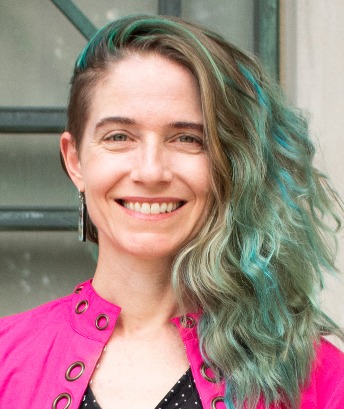
Catherine D’Ignazio (Data + Feminism Lab, MIT)
Catherine D’Ignazio is a hacker mama, scholar, and artist/designer who focuses on feminist technology, data justice and civic engagement. She has run women’s health hackathons, designed global news recommendation systems, created talking and tweeting water quality sculptures, and led walking data visualizations to envision the future of sea level rise. Her 2020 book from MIT Press, Data Feminism, co-authored with Lauren Klein, charts a course for more ethical and empowering data science practices. Her second book, Counting Feminicide: Data Feminism in Action (MIT Press, 2024) is an extended case study about grassroots data activism to end gender-related violence. D’Ignazio is an Associate Professor of Urban Science and Planning in the Department of Urban Studies and Planning at MIT where she is the Director of the Data + Feminism Lab.
Panel speakers:
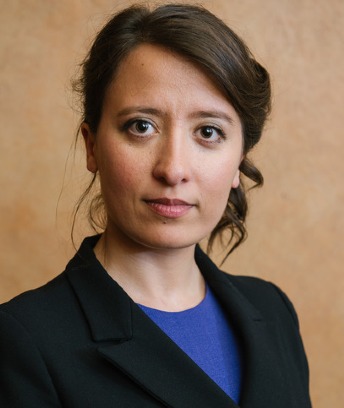
Lisa Gaufman (University of Groningen, UG)
Lisa is an Assistant Professor of Russian Discourse and Politics at the University of Groningen. After completing her PhD at the University of Tübingen, Germany, in 2016, she spent 3 years as a postdoctoral fellow at the Institute for Intercultural and International Studies at the University of Bremen. She is the author of "Security Threats and Public Perception: Digital Russia and the Ukraine Crisis" (Palgrave, 2017); "Everyday Foreign Policy: Performing and Consuming the Russian Nation after Crimea" (Manchester University Press, 2023) and "The Trump Carnival: Populism, Transgression and the Far Right" (De Gruyter, 2024). Her other publications include peer-reviewed articles on nationalism, sexuality, and social networks, as well as regular blog posts at “The Duck of Minerva”.
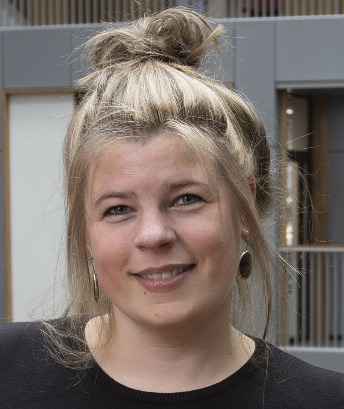
Loes Aaldering (Vrije Universiteit Amsterdam, VU)
Loes Aaldering is an associate professor in Comparative Politics at the Department of Political Science and Public Administration of the VU Amsterdam. Her research mainly focuses on issues related to gender and politics, political leadership, political representation and electoral behavior. More specifically, she studies, among other things, how politicians are discussed in the media in terms of their leadership traits; gender differences in media coverage of politicians; (gendered) leadership effects on voters; gender stereotypes; sexism during election campaigns; dark politicians; gender and negative campaigning; fake news; news avoidance; immersive journalism and (affective) polarization. Loes is the research manager for the department of Political Science and Public Administration, an associate editor for Frontiers in Political Science and serves as a board member for the Dutch Political science association (NKWP) and she is co-founder of the VU Gender Research Network.
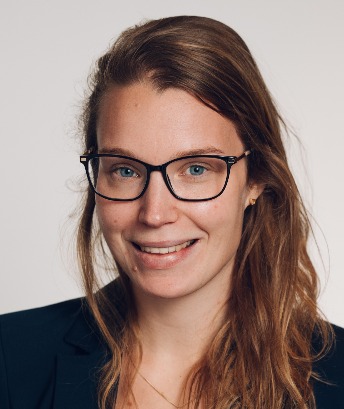
Aranka Ballering (University of Groningen, UG)
Aranka Ballering is a postdoctoral researcher in the Department of Psychiatry at the UMCG and the Department of Sociology at Ghent University. Her research focuses on gender and sex differences in the illness trajectories of common somatic symptoms. Aranka investigates differences between men and women in the etiology, prevalence, and persistence of somatic symptoms, as well as examining whether GPs provide male and female patients with different diagnostics. Additionally, her work explores gender differences in the stigma surrounding persistent somatic symptoms, and in the use of complementary and alternative medicine.
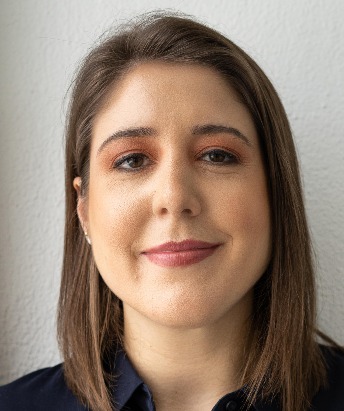
Marília Gehrke (University of Groningen, UG)
Marília Gehrke is an Assistant Professor of Media and Journalism Studies at RUG, and she is also the creator of the crowdsourced-based initiative Forced to Quit, which aimsat mapping women in politics, journalism, and activism who had to leave the public sphere due to violence. This project is an outcome of the Jantina Tammes School Early Career Prize. Gehrke is the leader of a research project on gendered disinformation, and her previous research experiences are related to data journalism, transparency, and fact-checking. Besides working at RUG, she remains connected at the Digital Democracy Centre (DDC) at the University of Southern Denmark, where she worked as a postdoctoral researcher in the Trust and News Authenticity Project, and she will soon start a fellowship at Weizenbaum Institut, in Germany, in the Platform Algorithms and Digital Propaganda research group.

